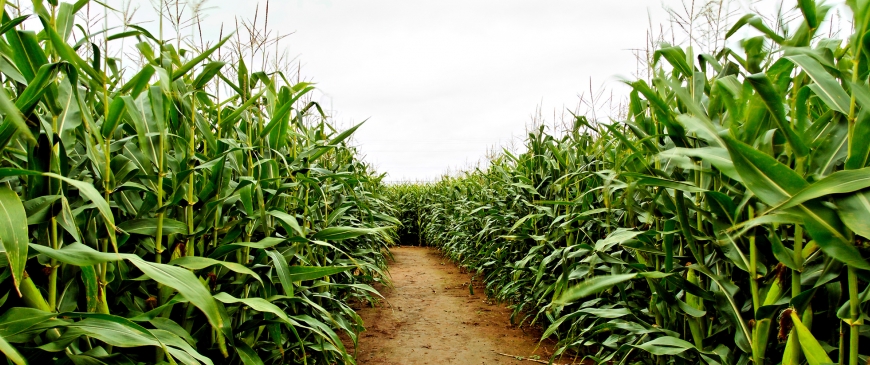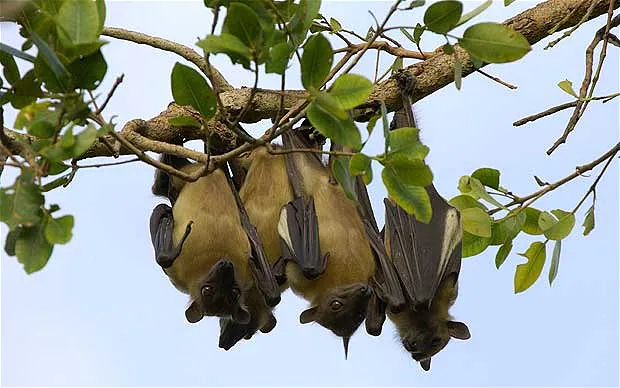In recent decades, the debate around genetically modified organisms (GMOs) has evolved into a central topic in global agriculture. With a rapidly growing population and the increasing threats posed by climate change, GMOs are seen by many as a crucial tool for addressing food security and ensuring sustainable agricultural practices.
This article delves into the benefits of GMOs in agriculture, particularly in the context of preventing famine and alleviating hunger in vulnerable regions.
The role of GMOs in enhancing agricultural productivity
GMOs have been engineered to address specific challenges that traditional crops face. These modifications can make plants more resistant to pests, diseases, and environmental stressors, such as droughts or extreme temperatures. By enhancing the resilience of crops, GMOs can contribute to higher yields, making it easier to feed a growing global population.
Testimony from a Farmer in Kenya
“Before adopting drought-resistant maize varieties, I would lose a significant portion of my crops each season due to unpredictable rainfall. Now, I can harvest more reliably, which allows me to feed my family and even sell the surplus in the market. GMOs have given me hope for the future of farming.”
—John Mwangi, Farmer in Kenya
Reducing the need for pesticides and herbicides
One of the major environmental benefits of GMOs is their ability to reduce the need for chemical pesticides and herbicides. Crops such as Bt cotton and Bt maize, for example, have been genetically modified to produce their own natural insecticide, reducing the need for chemical interventions. This not only lowers farming costs but also reduces the environmental damage caused by overuse of agrochemicals.
Testimony from an Agricultural Expert in India
“The introduction of genetically modified cotton varieties in India has helped farmers reduce their dependence on harmful pesticides. This has not only improved their yields but has also had a positive impact on the environment, as fewer chemicals are being used.”
—Dr. Priya Verma, Agricultural Scientist, India
GMOs and climate change adaptation
Climate change poses a significant challenge to global agriculture. Unpredictable weather patterns, such as prolonged droughts or heavy rainfall, can devastate crops and lead to food shortages. GMOs offer a potential solution by allowing crops to adapt to these changing conditions. For example, drought-tolerant varieties of maize and rice have been developed to thrive in areas with limited water resources.
Testimony from a Farmer in Ethiopia
“In our region, droughts are becoming more frequent. The new drought-resistant crop varieties have helped us cope with these extreme conditions. In the past, we would face a total loss, but now our harvests are much more stable, even during the dry season.”
—Amina Yusuf, Farmer in Ethiopia
Combatting hunger and malnutrition
GMOs also have the potential to address the problem of malnutrition, particularly in developing countries. Biofortified crops, such as Golden Rice, have been genetically modified to contain higher levels of essential nutrients, like vitamin A, which can help combat deficiencies that lead to blindness and other health issues in children.
Testimony from a Public Health Official in the Philippines
“Golden Rice has been a game-changer in areas where vitamin A deficiency is widespread. We are seeing improvements in children’s health, with fewer cases of malnutrition-related diseases. The biofortification of staple crops can play a critical role in improving nutrition and public health.”
—Dr. Maria Santos, Public Health Official, Philippines
Economic benefits and rural development
Beyond improving food security, GMOs can provide significant economic benefits, particularly for smallholder farmers in developing countries. By increasing crop yields and reducing costs related to pest control and water usage, GMOs can help boost income and improve livelihoods. This can lead to broader economic development, as farmers are able to invest more in their communities and local businesses.
Testimony from a Rural Development Specialist in Brazil
“In regions of Brazil where GMOs have been adopted, we have seen significant improvements in farmers’ incomes. This economic boost has had ripple effects on local markets and infrastructure development, creating a more sustainable and prosperous rural economy.”
—Carlos Silva, Rural Development Specialist, Brazil
The path forward: Responsible regulation and public dialogue
While GMOs offer numerous benefits, it is important that their adoption is carefully regulated. Ensuring the safety of genetically modified crops for both human consumption and the environment is essential. Governments, scientists, and agricultural organizations must work together to establish clear guidelines and transparent labeling systems. Public education and dialogue are also key to addressing concerns and building trust among consumers.
Testimony from a GMO Researcher in the United States
“As a scientist, my primary concern is ensuring that GMOs are rigorously tested for safety. It is crucial that we continue to engage with the public, answer questions, and provide evidence-based information about the benefits and risks of GMOs.”
Dr. Emily Thompson, GMO Researcher, USA
GMOs hold significant promise for addressing the challenges of modern agriculture, particularly in relation to food security and famine prevention. By enhancing crop yields, reducing environmental impact, and improving nutrition, GMOs can contribute to a more sustainable and equitable food system. However, responsible management, regulation, and public engagement are critical to ensuring that these benefits are realized in a way that is safe, ethical, and widely accepted.
As the world faces the dual challenges of climate change and a growing population, GMOs may play a pivotal role in securing a future where no one goes hungry.
BY TUYISENGE Eric





